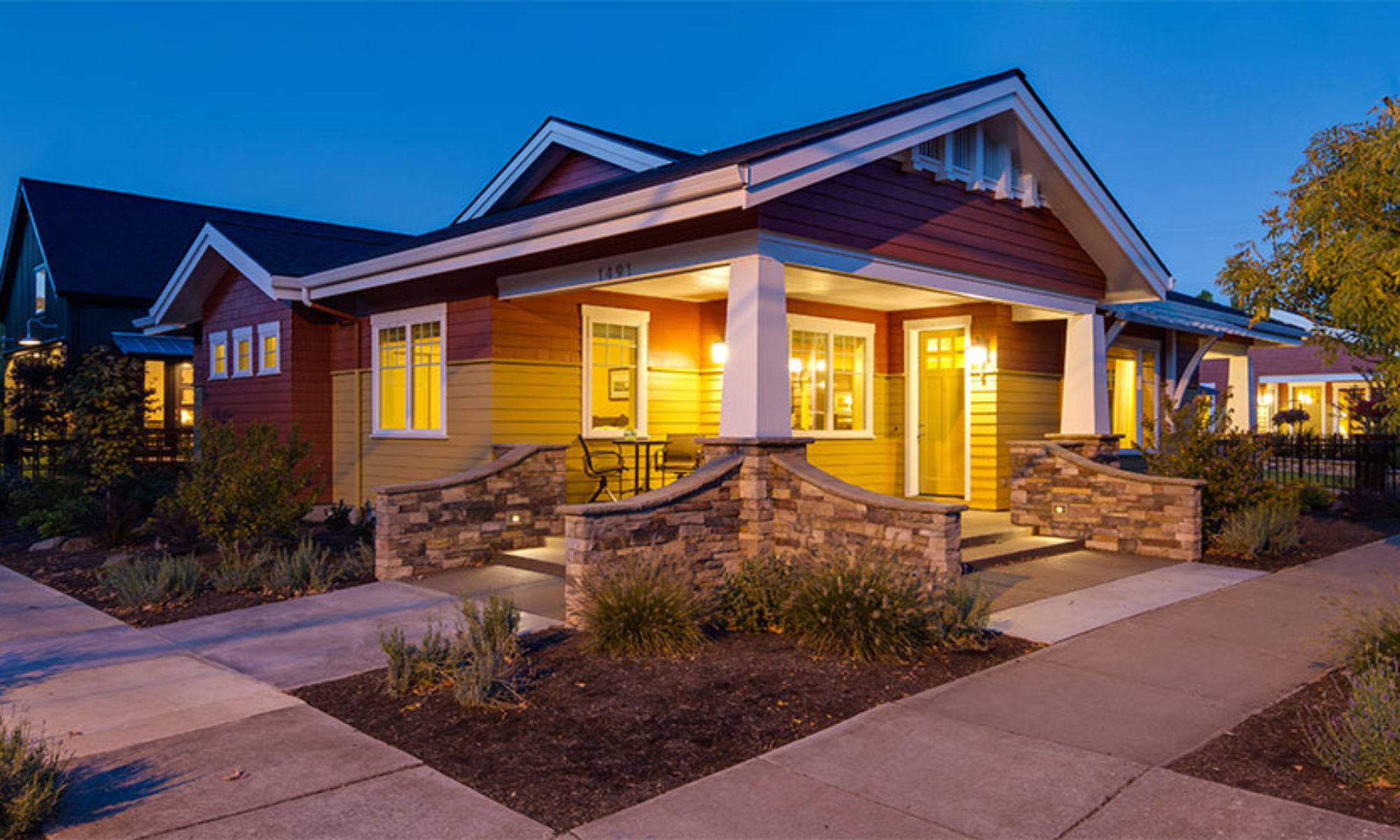 The Philosophy of Sustainable Design, by Jason McLennan is unique in “green” books about architecture and building design in that it really gets to the philosophy behind sustainable practices, and not just a list of “dos” or “don’ts.” I appreciate that. McLennan is teaching us to fish.
The Philosophy of Sustainable Design, by Jason McLennan is unique in “green” books about architecture and building design in that it really gets to the philosophy behind sustainable practices, and not just a list of “dos” or “don’ts.” I appreciate that. McLennan is teaching us to fish.
With sixteen chapters and five appendices, the book is very complete. It is also very readable. Sometimes books like this are, frankly, a bit dry and technical. They can tend to be “thick”, as I call them, meaning you need to read a paragraph, stop and reread it again to really comprehend what the author is trying to say. But not so with The Philosophy of Sustainable Design. This book is extremely comprehensive in its approach and its way of thinking.
From the philosophy to the evolution through the principles of sustainable design, McLennan talks about biomimicry (how learning from natural systems and processes can benefit our lives) and the cycle of life (the seven generations principle) and how these all fit together into a whole. All are viewed in a context of respect. Respect for nature, respect for place, respect for people, respect for our grandkids.
“Sustainability deals with all aspects of society,” McLennan writes. If there is one principle in this book that comes through loud and clear, it’s that everything is connected. No one action or process can be done in a vacuum. It WILL affect something, somewhere. “We are not exempt in any way from this overarching interconnectedness principle. And yet, curiously and arrogantly, we act like we are.”
While McLennan talks in depth (and in an interesting style) about sustainable principles, he briefly touches on the concept of how we are disconnected from place. The idea that we have air-conditioned homes and offices that we commute to and from in air-conditioned cars, shows how we have lost our sense of place; we have increasingly relied on science and technology to solve all our problems. In relating this to global warming, he posits that our culture says, “what does it matter how hot it gets if you have an air conditioner?” For me, this is evident in our loss of the front porch and resulting demise of neighborhoods (see my “The Front Porch and the Garden” post). There are some simple principles we need to return to.
All told, this is a great read. It’s not thick, but it is substantial. The Philosophy of Sustainable Design is a “must read” book for anyone wanting to walk the talk.
